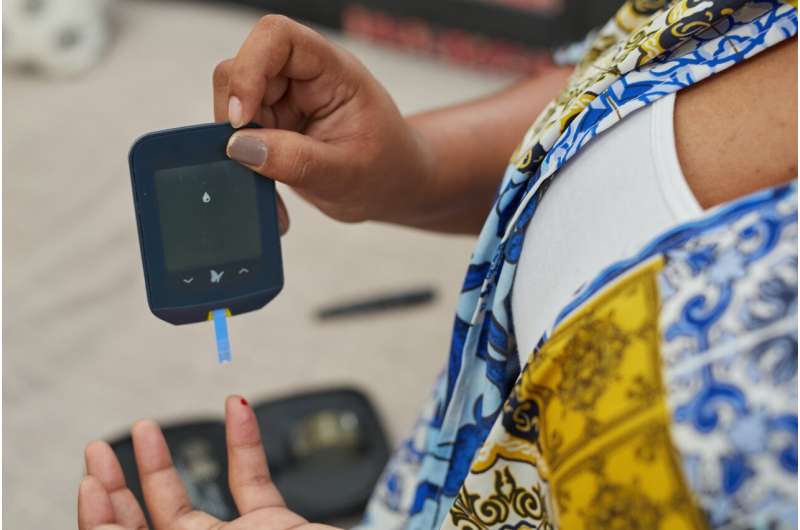New Insights into How HPV and Human Genes Collaborate to Promote Throat Cancer Growth

Recent research from the University of California, San Diego, has uncovered a significant mechanism by which Human Papillomavirus (HPV) interacts with human DNA to drive the development of oropharyngeal cancers, which affect the back of the mouth and throat. The study reveals that HPV DNA can hybridize with human genes within cancer cells, forming circular extrachromosomal DNA (ecDNA) that encourages tumor growth. EcDNA, characterized by small, circular DNA segments existing outside of chromosomes, is commonly present in cancer cells and is known to evade immune detection while promoting carcinogenesis.
Previous studies indicated that around 30% of HPV-positive oropharyngeal cancers contain hybrid ecDNA formed by the integration of HPV and human DNA. The current research aimed to understand the molecular mechanisms behind how this hybrid ecDNA accelerates cancer progression. By analyzing gene expression changes in tumor cells, researchers identified new HPV-human DNA enhancer regions that increase the activity of genes promoting tumor growth. This leads to more viral production and further tumor advancement.
Importantly, targeting these enhancer regions with CRISPR gene-editing tools and proteins regulating gene activity was shown to reduce gene expression associated with tumor proliferation, subsequently inhibiting tumor growth in experimental models. These findings offer promising therapeutic avenues for patients with HPV-driven oropharyngeal cancers, especially those with poor prognosis.
Dr. Takuya Nakagawa, the study's first author, and senior author Dr. Joseph Califano, emphasized that drugs designed to disrupt ecDNA can potentially slow tumor growth selectively, sparing normal cells. Their research also investigates other ways HPV-related ecDNA influences gene regulation across chromosomes. This breakthrough advances understanding of HPV-associated cancers and opens new pathways for targeted treatments in cancer therapy.
Source: https://medicalxpress.com/news/2025-04-human-hpv-genes-combine-extrachromosomal.html
Stay Updated with Mia's Feed
Get the latest health & wellness insights delivered straight to your inbox.
Related Articles
New Research Connects 'Forever Chemicals' to Higher Risk of Type 2 Diabetes
Emerging research links persistent 'forever chemicals' (PFAS) exposure to a higher risk of developing type 2 diabetes, emphasizing the need to reduce environmental toxin exposure for better metabolic health.
COVID-19 Pandemic Could Accelerate Brain Aging, New Research Finds
New research indicates that the COVID-19 pandemic may have sped up brain aging in adults, highlighting the mental health impact of global stressors beyond infection. The study emphasizes potential reversibility of these effects and the importance of environmental factors on brain health.
Research Reveals Similarities in Brain Pulsations Between Narcolepsy Patients and Healthy Sleep
New research shows that brain pulsations in individuals with narcolepsy resemble those of healthy sleepers, offering insights into brain clearance mechanisms and potential therapeutic targets.
U.S. Government Considers Linking Tylenol to Autism Risks
The Trump administration is considering linking acetaminophen, the active ingredient in Tylenol, to autism risk and advising pregnant women to avoid its use unless necessary. This move reflects ongoing debates about medication safety during pregnancy.



